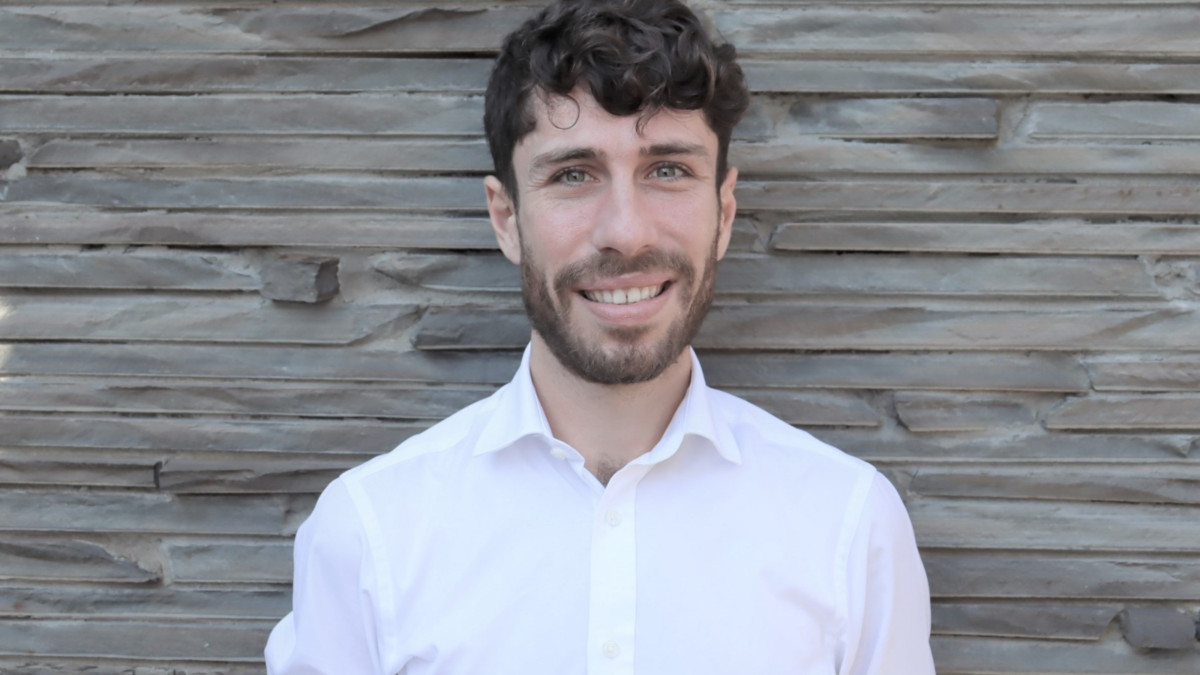-
Sort By
-
Newest
-
Newest
-
Oldest
The large advice provision models are holding up in terms of personnel, but super funds and tax advisers are repositioning their offerings as the cost to serve increases at a faster rate than revenue.
After the Hayne Royal Commission many advisers decided to steer away from large dealer groups in favour of becoming self-licensed. In the last six months, however, that trend has taken an abrupt turn.
Of the 8,946 practitioner advisers who belonged to either industry group before their April merger, 8,093 have renewed their membership with the merged entity. The FAAA was “very pleased” with the 90 per cent renewal rate, its CEO said, urging stragglers to renew before a grace period ends next month.
The quantum of licensees may be growing, but none of that growth is coming from the big end of town. Advice groups are increasingly eschewing larger groups and pursuing autonomy in the way they run their practice.
Whether an adviser is based in their state’s capital city or not has more to do with their chosen business model than anything else, according to new research from Wealth Data.
The green shoots that emerged for adviser numbers in the back half of 2022 were no fluke, with provisional advisers leading an industry resurgence after five years of decline.
As the quantum of advisers has decreased those that remain have consolidated client books, which has led to a higher proportion of high-balance SMSFs coming under advice.











